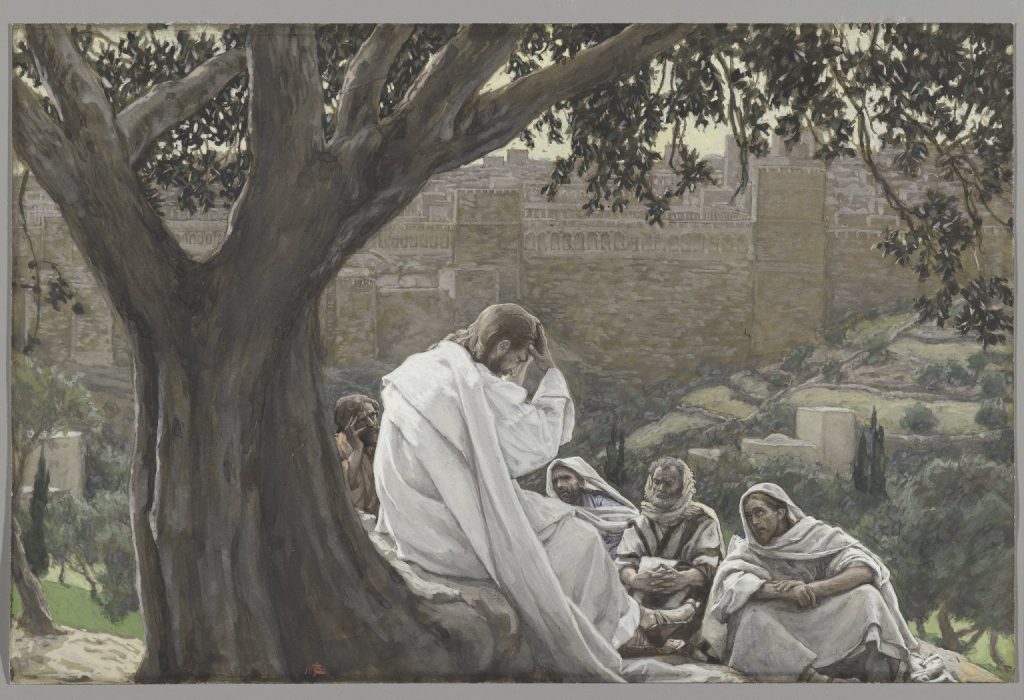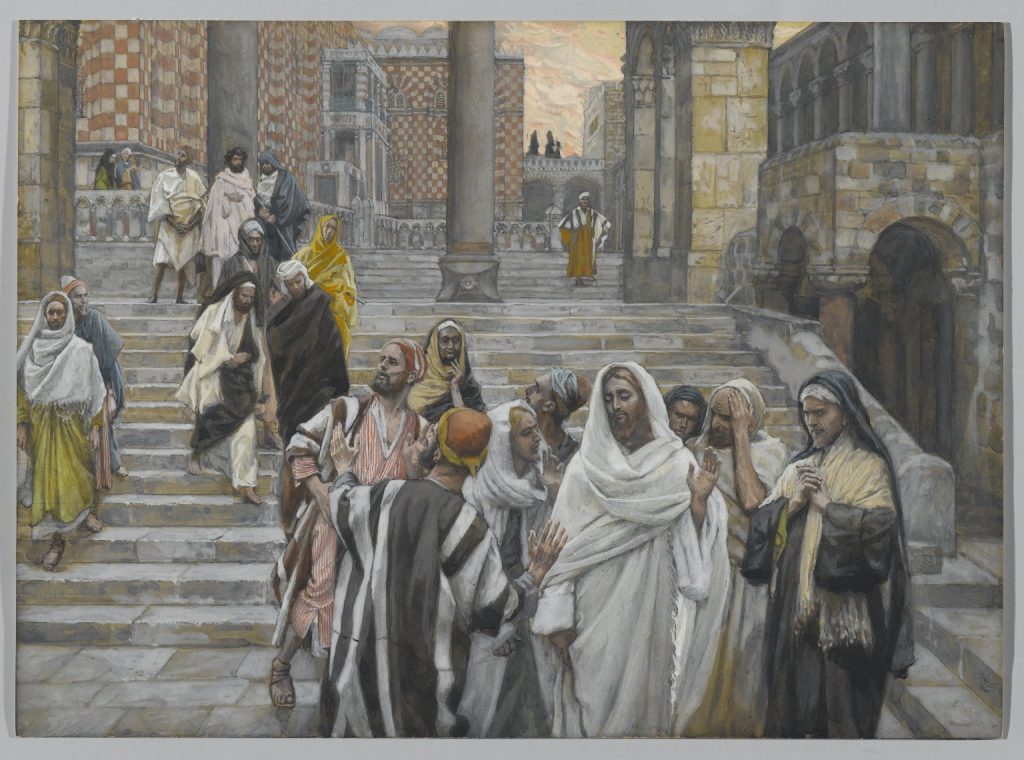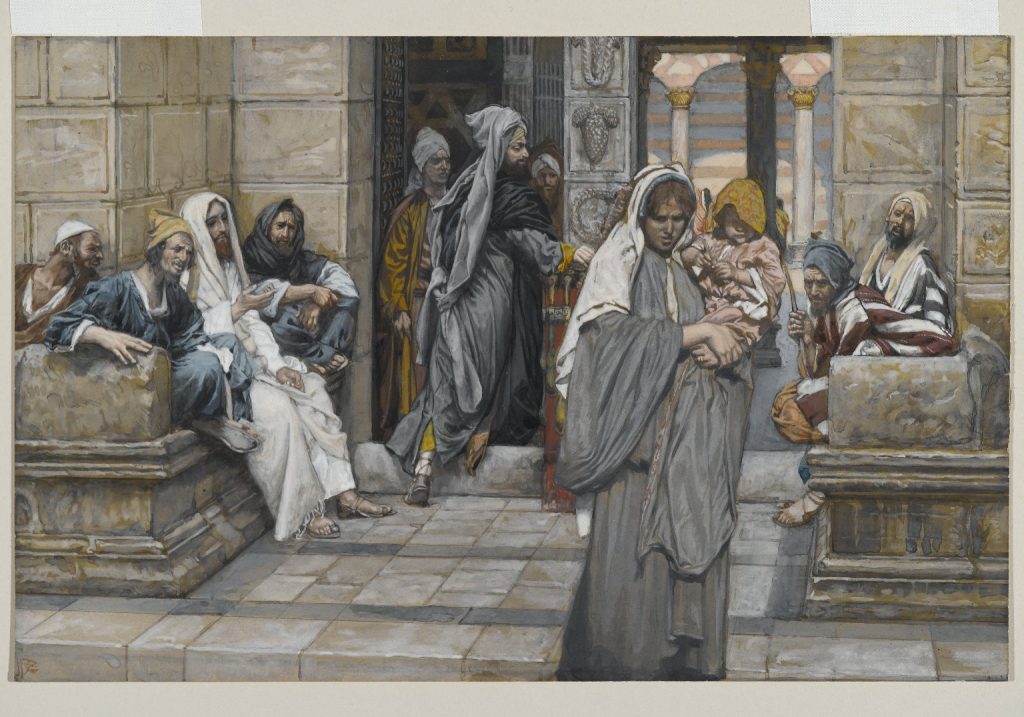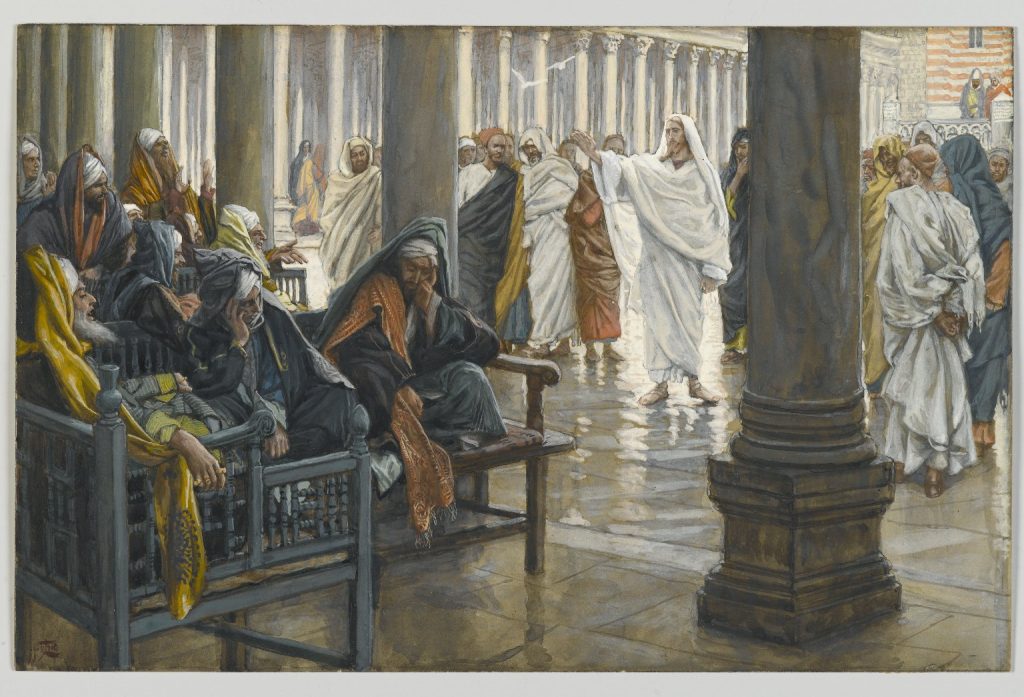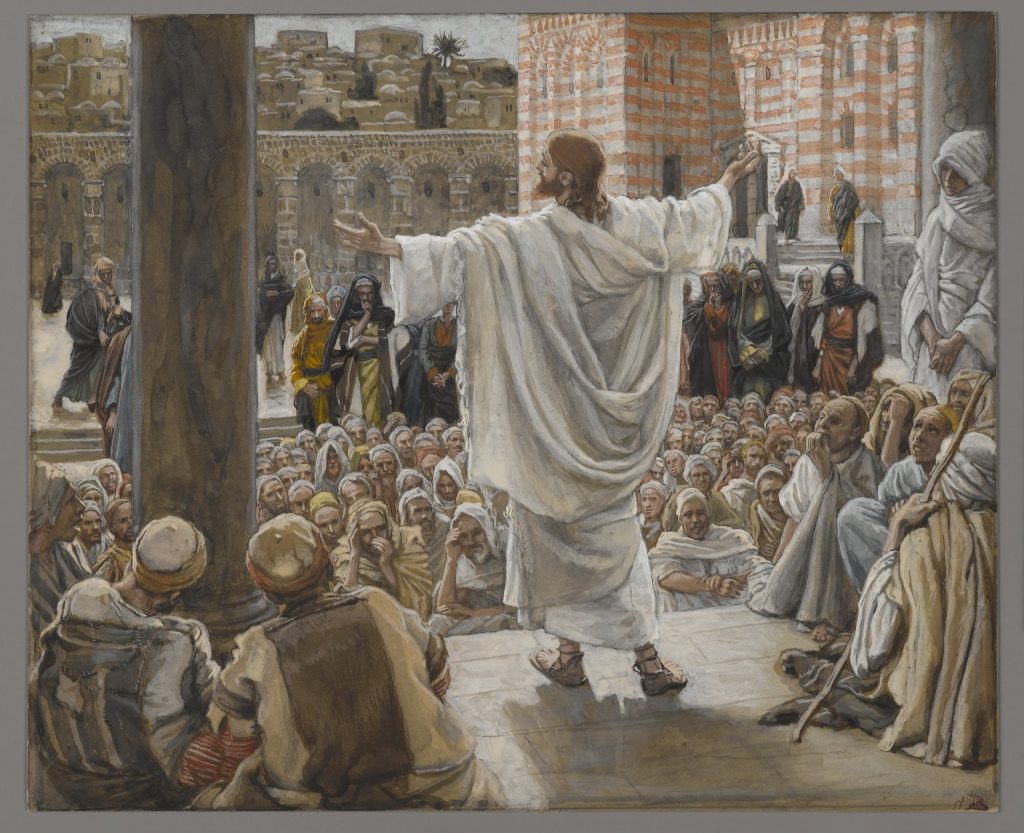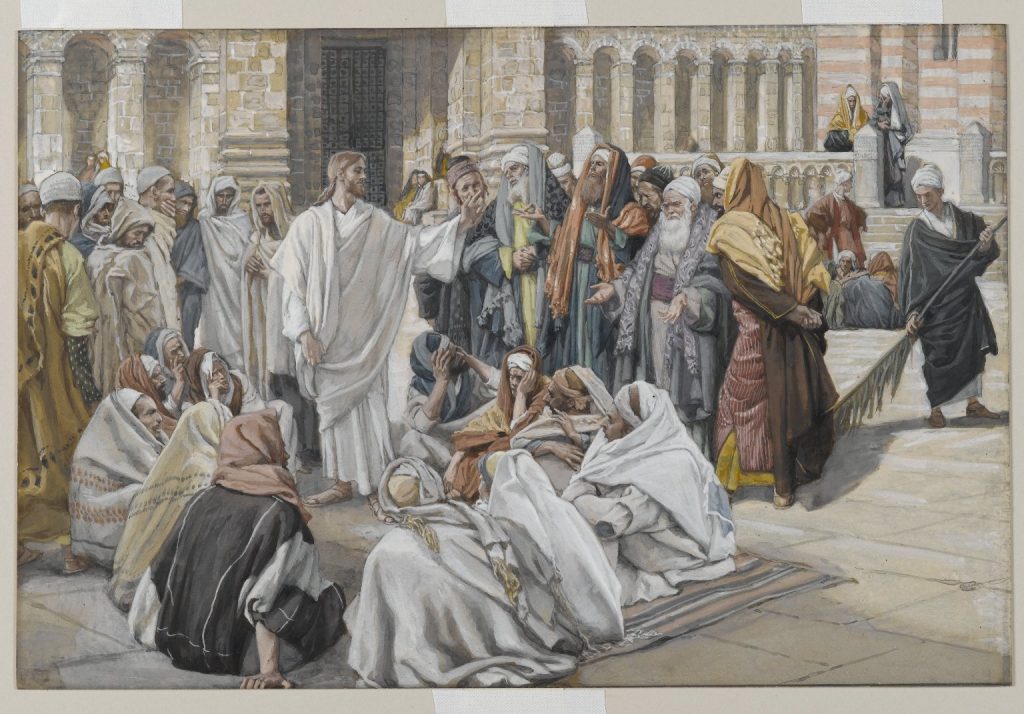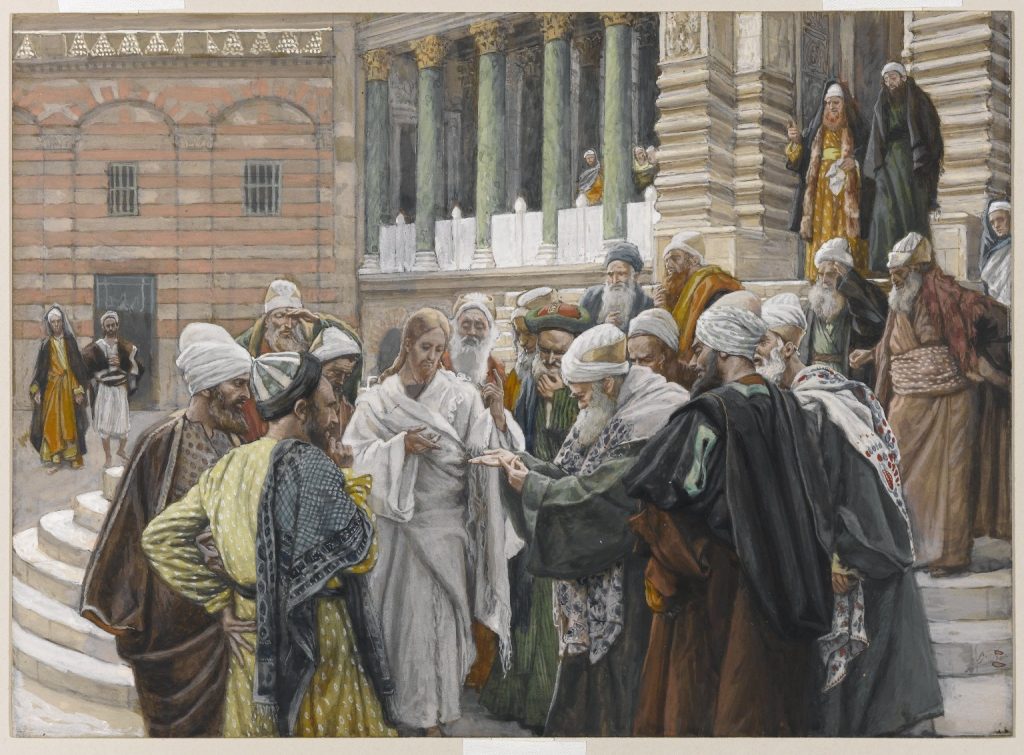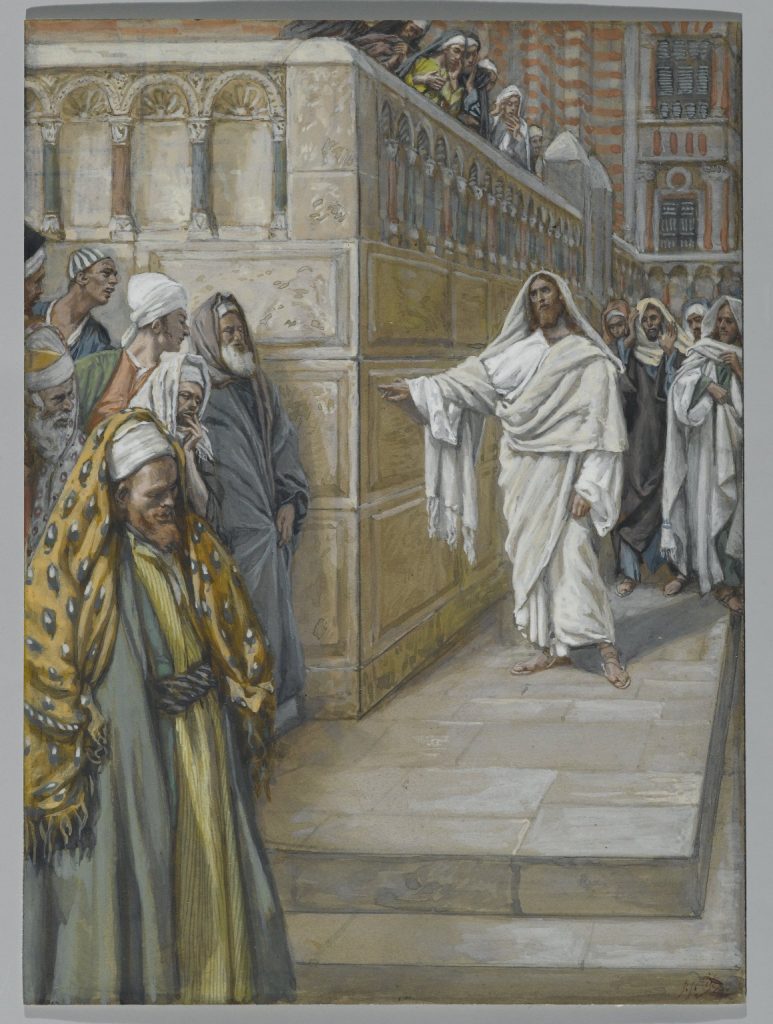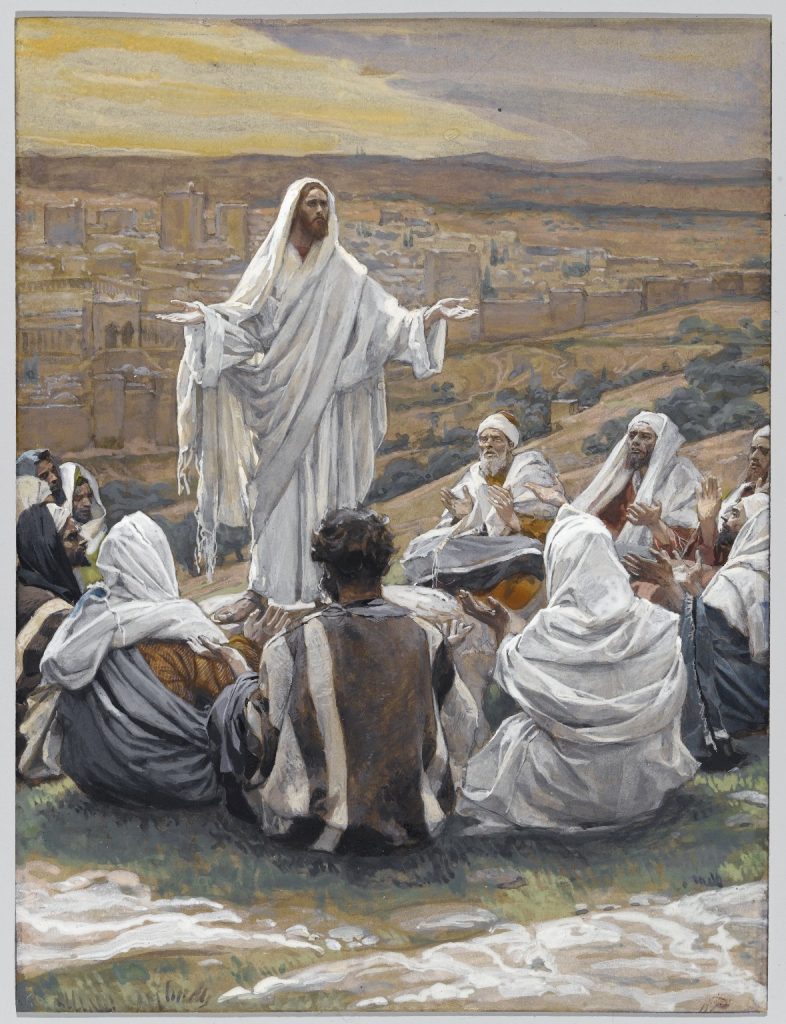
Watch out for yourselves.
They will hand you over
to councils
and to the synagogues
to be beaten.
Before rulers
and kings
you will be made to stand:
because of me
as a testimony against them.
– And it is necessary first to preach the gospel to all nations. –
And when they lead you away and so hand you over
do not worry beforehand about what to say,
but say whatever is given to you at that hour.
For it is not you (all) who are speaking but the Holy Spirit.
And brother will hand over brother to death,
and father, child.
And children will turn against parents,
and they will have them killed.
And you all will be hated by everyone because of my name.
The one who remains faithful to the end, they will be saved.
Steer the ship of my life, good Lord, to your quiet harbour,
where I can be safe from the storms of sin and conflict.
Show me the course I should take.
Renew in me the gift of discernment,
so that I can always see the right direction in which I should go.
And give me the strength and the courage to choose the right course,
even when the sea is rough and the waves are high,
knowing that through enduring hardship and danger in your name
we shall find comfort and peace.
Amen
Basil of Caesarea (c.329-379)
